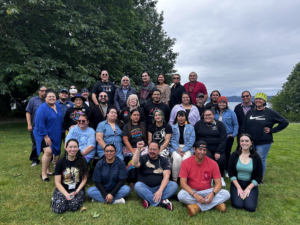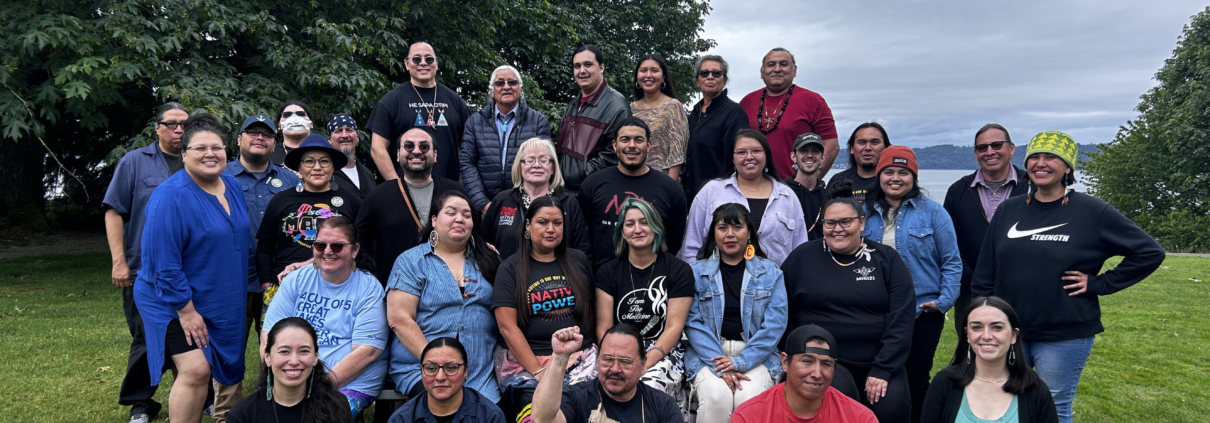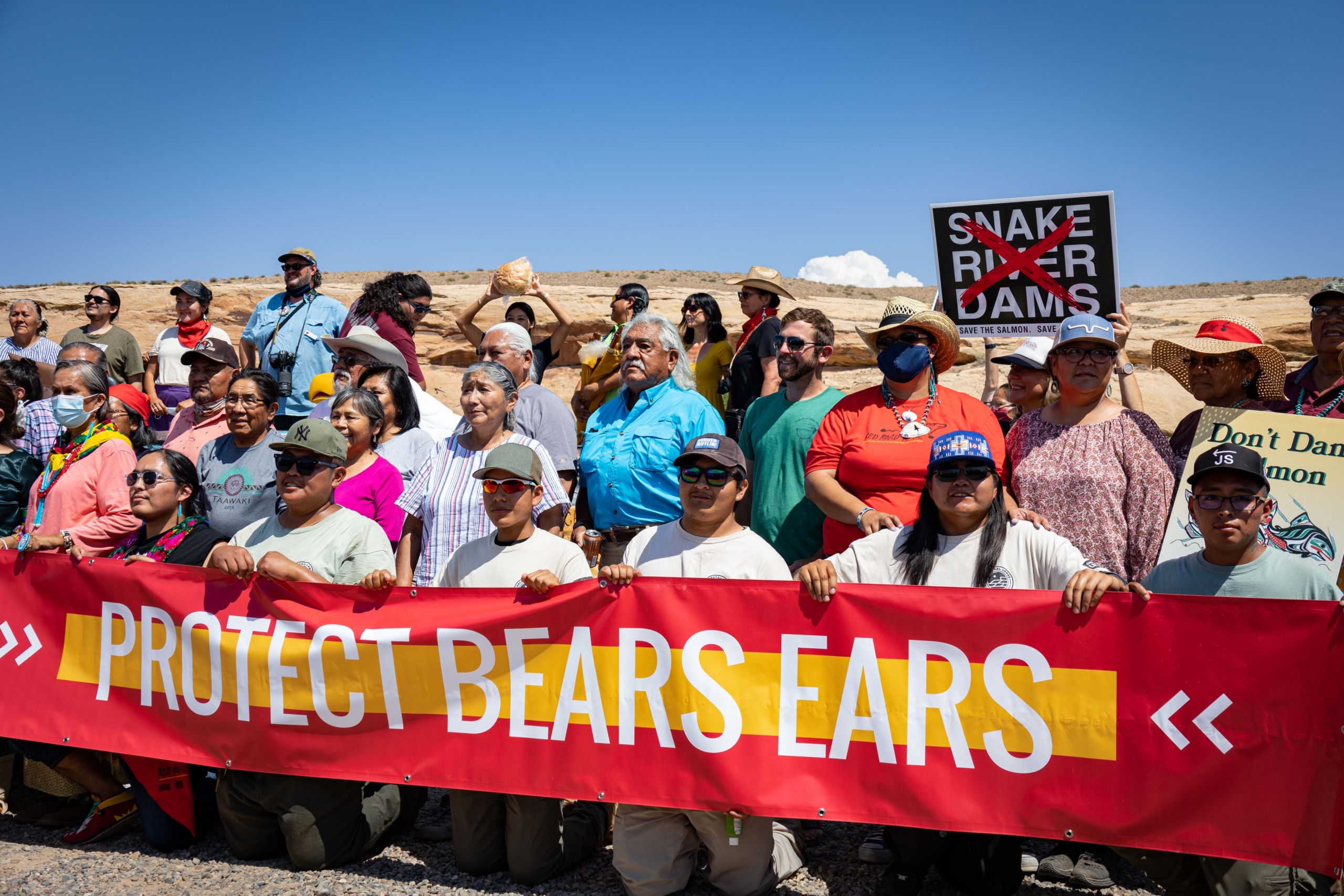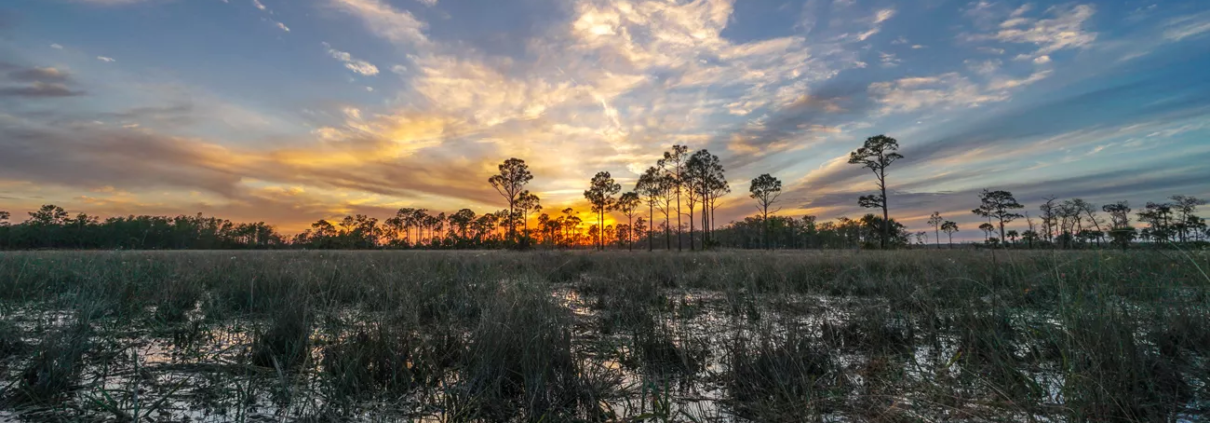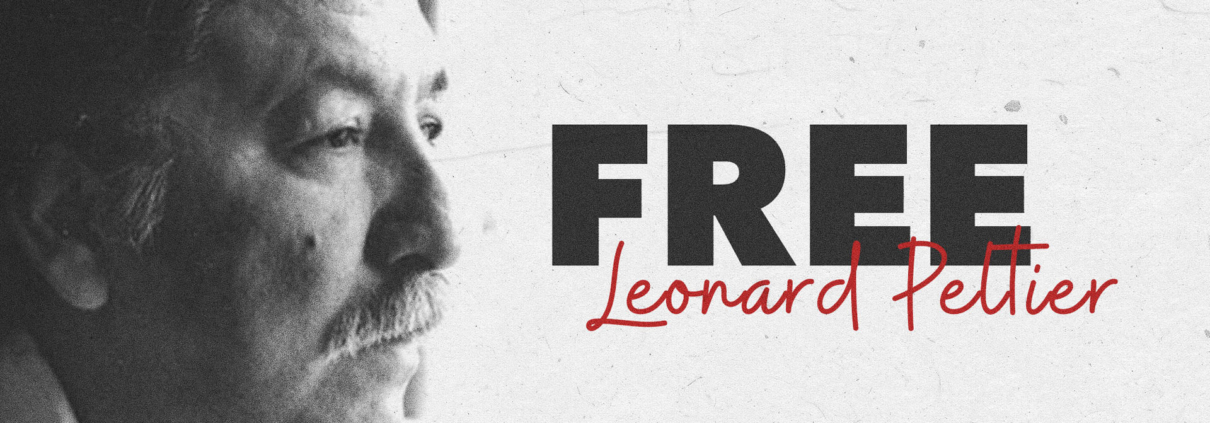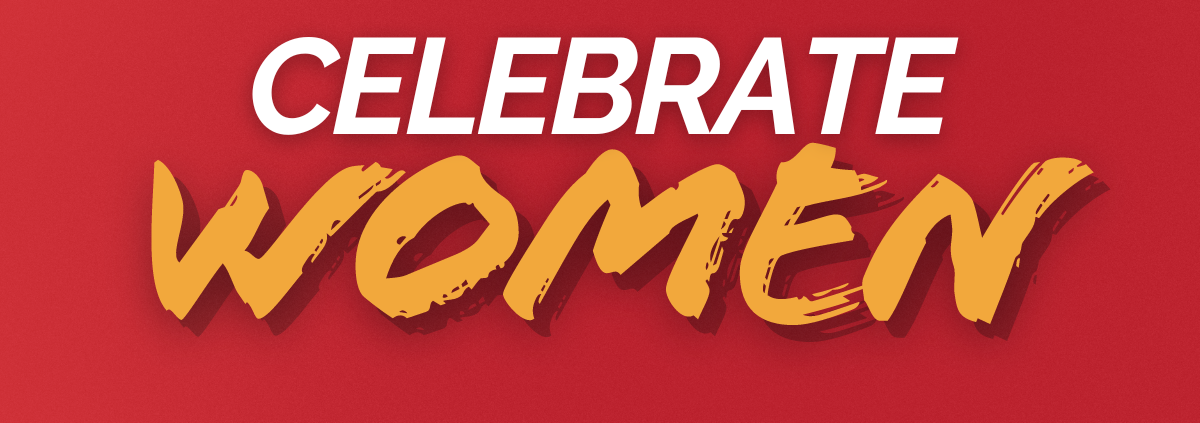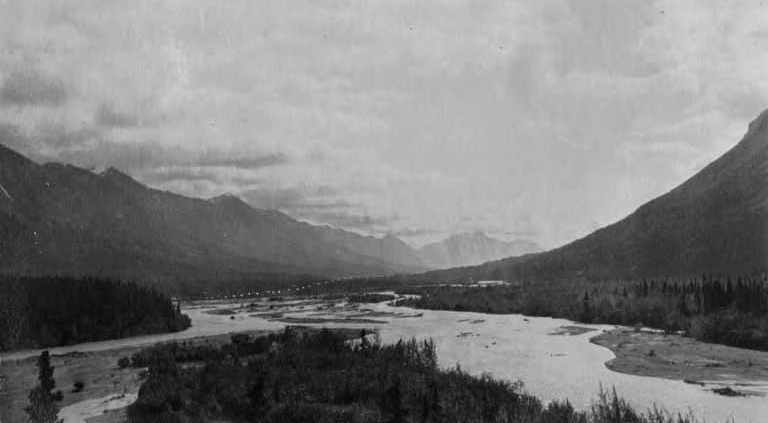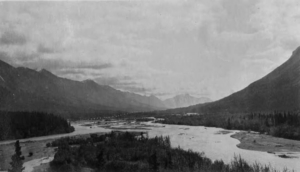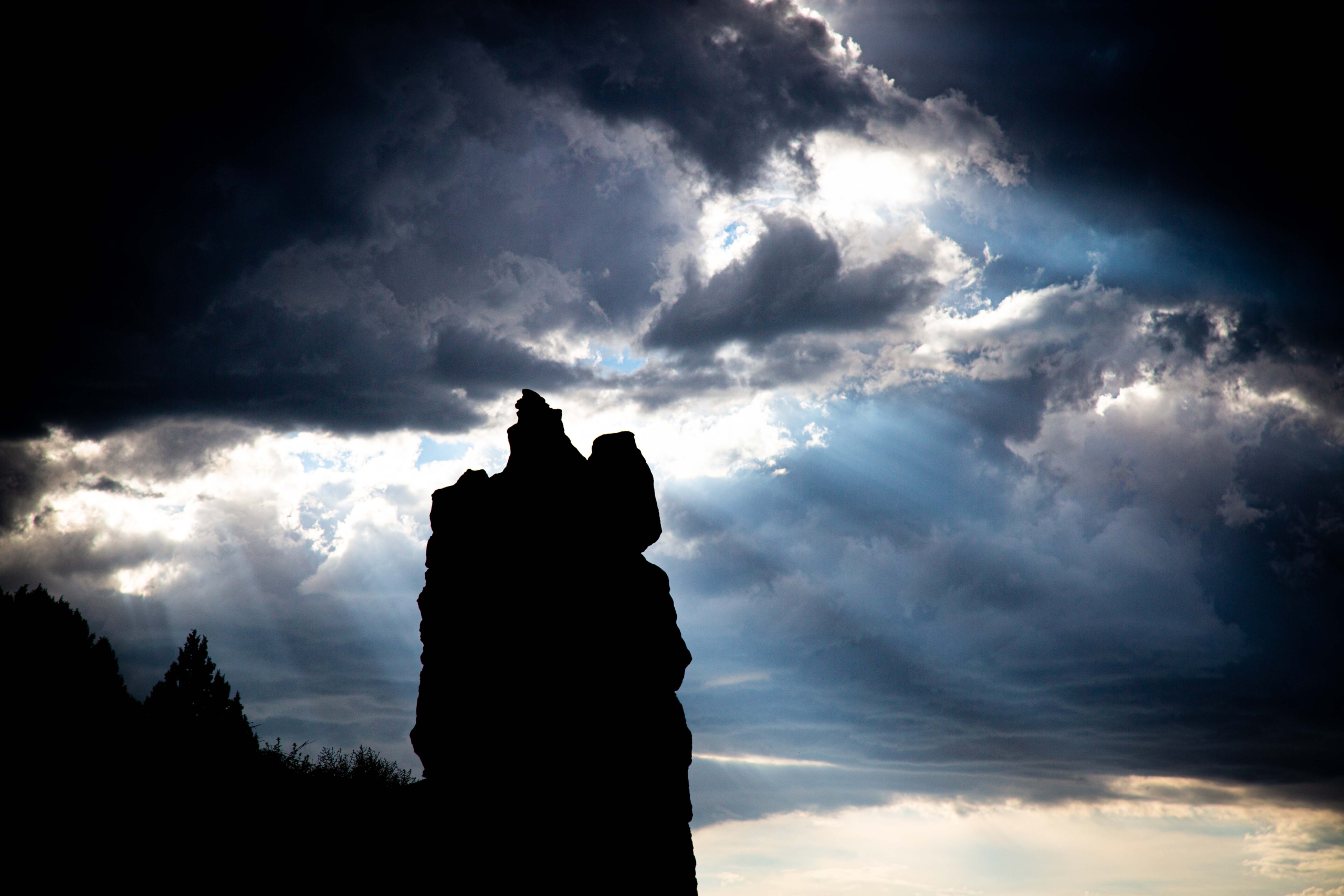Every March is Women’s History Month and this year, we uplifted four women–both past and present–who have been vital in the Native Vote.
While the month might be over, we know it is important to lift up the matriarchs around Indian Country 365 days a year.
Zitkála-Šá
Zitkála-Šá was born on the Yankton Indian Reservation in 1876. A boarding school survivor, she also studied the violin and even later taught for a couple of years at the Carlisle Indian Industrial School. The treatment of the students there was reminiscent of her own experiences.
The observations she made regarding the treatment of Indigenous peoples of this time led her to write and critique federal policy that directly impacted Tribal communities. Her political beliefs also led to her to advocate for citizenship for all Native Americans as well as equality for women.
After the nineteenth amendment was passed in 1924, Zitkála-Šá continued to advocate for citizenship and ultimately, the Native right to vote. Her fervor was rewarded as Congress passed the Indian Citizenship Act in 1924.
Zitkála-Šá continued to bring attention to Native rights and self determination until her death in 1938. She is buried at Arlington National Cemetery.

Lucy Nicolar Poolaw
Lucy Nicolar Poolaw was born in 1882 in Penobscot County, Maine. A citizen of the Penobscot Nation, Lucy started performing at a young age. She was recognized for her musical ability and moved to Chicago to study music. As she grew in popularity, Lucy adopted the stage name “Princess Watahwaso”.
At some point, Lucy began recording music with Victor Records which led her to a promotional tour. Activism was threaded into her travels as she attended debates in major cities on issues like immigration. She also participated in vaudeville acts until that sort of performance was no longer popular.
After early retirement, Lucy returned to her home. She owned and operated a gift shop that specialized in traditional Native items. Her retirement along with being back with her community led to more activism efforts. Along with her sister, Florence, she advocated for Penobscot students to attend public schools, lobbied for better access to the reservation, and demanded the right to vote for Native people in the state of Maine.
Lucy’s activism was the reason she was chosen to be the first Native individual to cast a ballot once Maine extended this right in 1955. She spent the rest of her life with her people.

Jacqueline De León
Jacqueline De León is a Senior Staff Attorney for the Native American Rights Fund and an enrolled member of the Isleta Pueblo. She co-led field hearings across Indian Country on Native American voting rights and co-authored the subsequent report, ‘Obstacles at Every Turn: Barriers to Political Participation Faced by Native American Voters’.
She has testified before Congress on multiple occasions detailing voting rights issues in Indian Country and serves as the Chair of the Advisory Committee of American Bar Association’s bipartisan Standing Committee on Election Law.
At NARF, Jacqueline leads the voting rights practice group, which engages in nationwide litigation, advocates for Native American voting rights legislation, conducts research, crafts policy, encourages and protects civic engagement, and assists tribes advocating for greater voter access for their communities.
Prior to her work at NARF, De León focused on international antitrust and litigation at WilmerHale. She holds a J.D. from Stanford and a B.A. from Princeton University in Philosophy. De León clerked for Judge William H. Walls of the United States District Court for the District of New Jersey and Chief Justice Dana Fabe of the Alaska Supreme Court.

Allie Young
Allie Young is a citizen of the Diné (Navajo) Nation from the Northern Agency of the reservation in Northern New Mexico. She is a storyteller and writer on a mission to increase the authentic representation of Native people in TV, film, and mainstream media by sharing the stories and traditions of her ancestors to help her community persevere in a world where they are largely invisible, underrepresented, and misrepresented.
She founded Protect the Sacred—a program of culture change organization Harness—a program that focuses on educating and empowering the next generation of Navajo and Indian Country leaders and allies. Through Protect the Sacred, Allie makes certain Native voices are centered in culture and policy, especially the voices of Indigenous youth and womxn.
It is her objective to ensure that the stories of her people are no longer history – the fabricated American narrative perpetuated in textbooks and Hollywood Westerns. Instead, they will be authentic and from the original peoples, the original storytellers of this land.


 Last month I had the honor of joining the Native Organizers Alliance for the National Organizers Training in Federal Way, Washington which is the traditional land of the Cayuse, Umatilla, Walla Walla, and Puyallup. I’ve worked for NOA since 2022 but the timing never aligned for me to join this five day long trip that weaves together principles that are vital for grassroots organizing with traditional values. Everything happens for a reason and I believe I was supposed to be a part of this cohort.
Last month I had the honor of joining the Native Organizers Alliance for the National Organizers Training in Federal Way, Washington which is the traditional land of the Cayuse, Umatilla, Walla Walla, and Puyallup. I’ve worked for NOA since 2022 but the timing never aligned for me to join this five day long trip that weaves together principles that are vital for grassroots organizing with traditional values. Everything happens for a reason and I believe I was supposed to be a part of this cohort. 